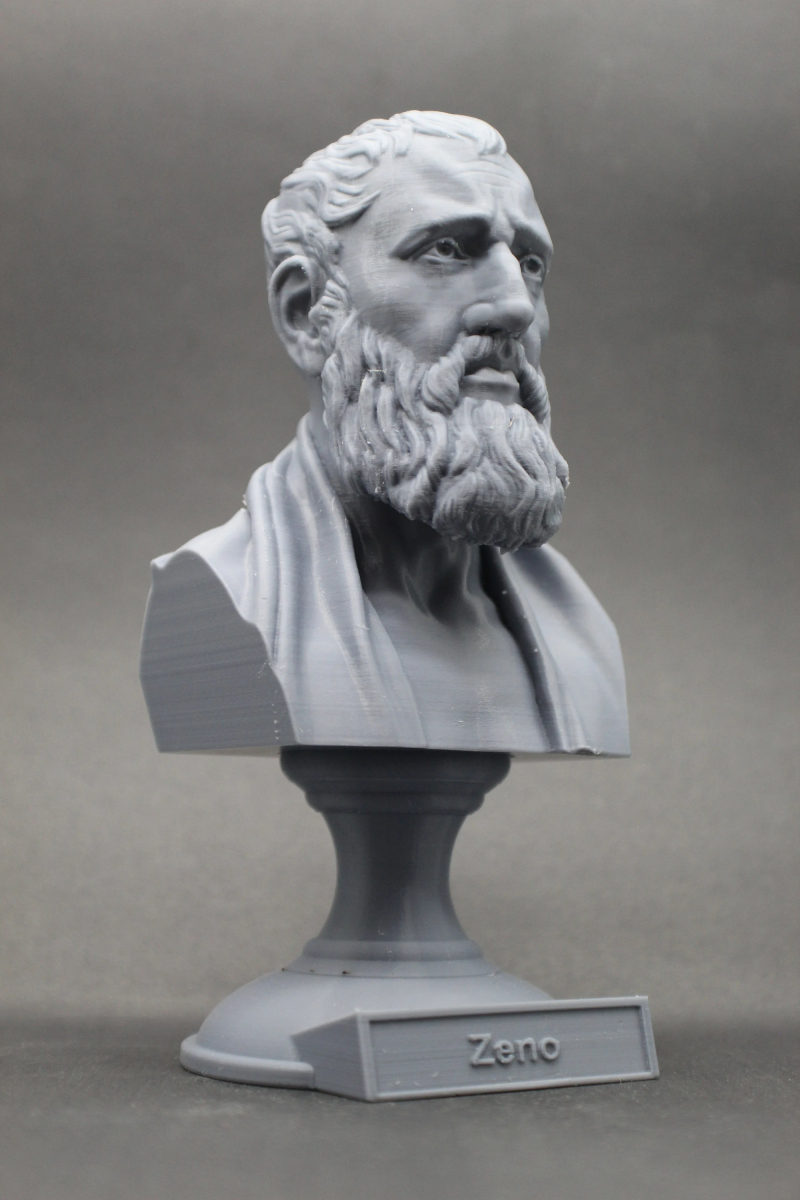Zeno Of Citium – First of the stoic Greek philosophers (c. 334 BC - c. 262 BC)

Stoicism was one of the most well-known philosophical movements that the ancient Greek philosophers established. Zeno of Citium was the first person to establish this useful philosophy. Although Zeno was a student of Diogenes the Cynic, he disagreed with some of his mentor's more outlandish theories. He therefore went it alone.
The Stoic school of thought, which Zeno founded, was first taught in Athens in 300 BC. Stoicism placed a strong focus on the goodness and peace of mind attained through leading a life of virtue by nature. It was based on the moral principles of the Cynics.
Accepting what is beyond of your control is a core Stoic principle. Zeno thought that by accepting what was beyond our control, we could focus on what was within our control. He held a belief in a supernatural "Logos" or legislator who oversaw natural rules. Zeno contended that humans were endowed with free will.
Zeno thought that we may develop a "life by nature" by exercising our free will to accept what we cannot change. This refers to both acknowledging our innate human nature and living in harmony with the natural environment. We should accept both the positive and negative parts of life in both situations.
Greek thinkers like Chrysippus contributed to the continued development of stoicism, but it was during the Roman era that it fully took off. Along with authors like Epictetus and Seneca, Marcus Aurelius, a renowned philosopher-emperor, studied Stoicism.









